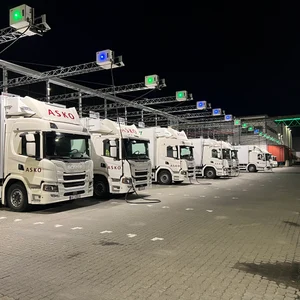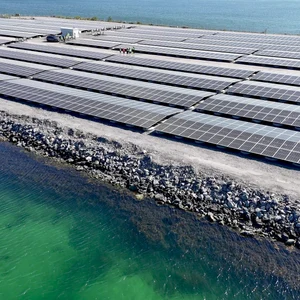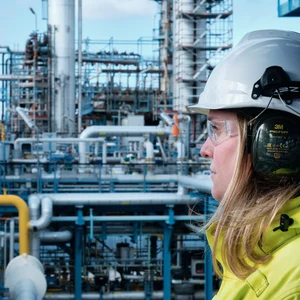Stories

Driving change with low-emission transport

Learning and growing by seizing opportunities: Erik Anker’s energy transition journey

Hurtigruten’s first climate-neutral voyage powered by renewable fuel from St1

Game on. Harassment off.

A Bright Milestone: St1 Switches On Its First Solar Park at Risholmen

Curiosity, courage, and constant pursuit of challenges: Joachim Elm's energy transition journey

From waste to wonder: How circular supply chains are reshaping energy

Inside St1: A summer tour of our stations

